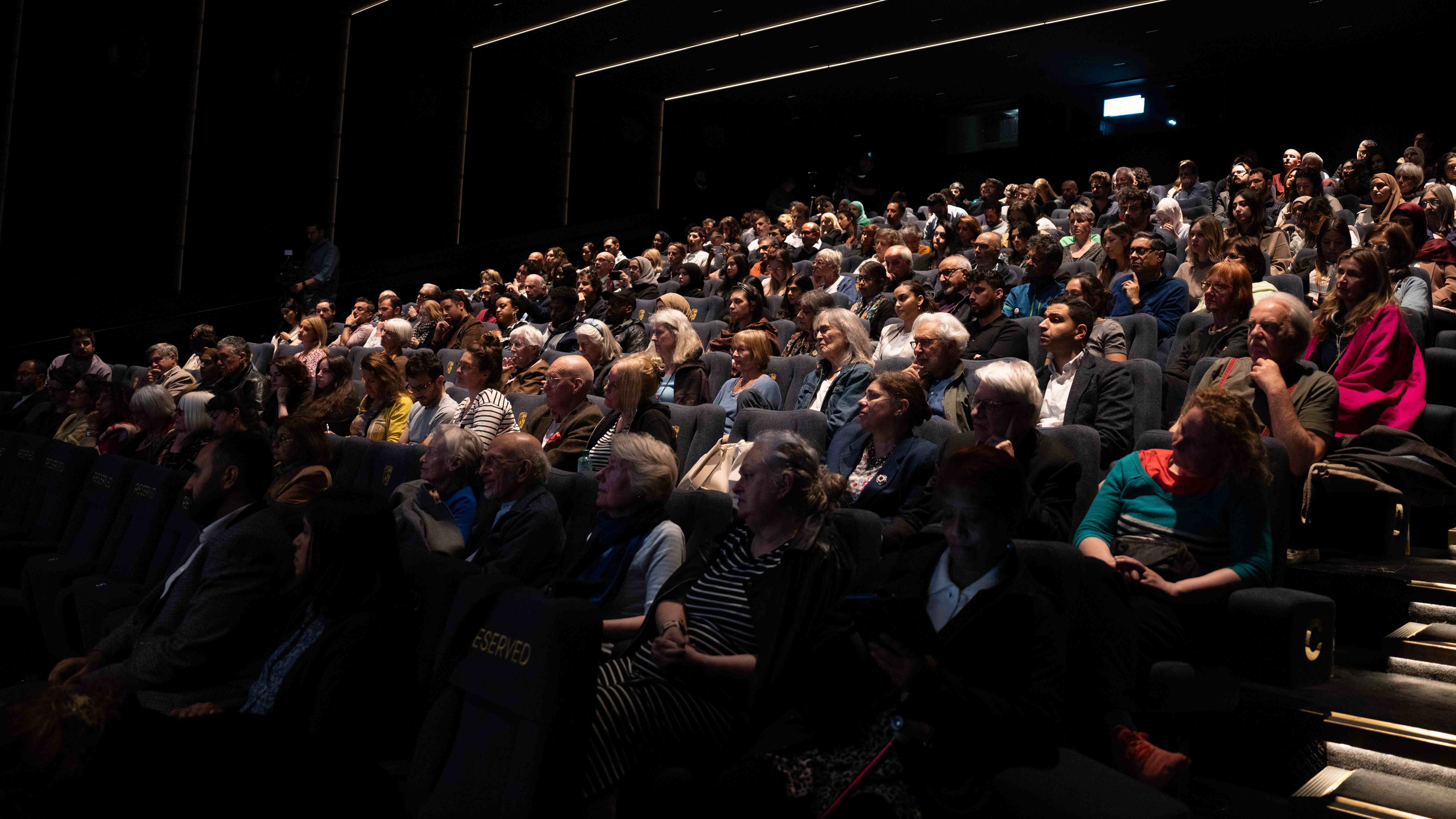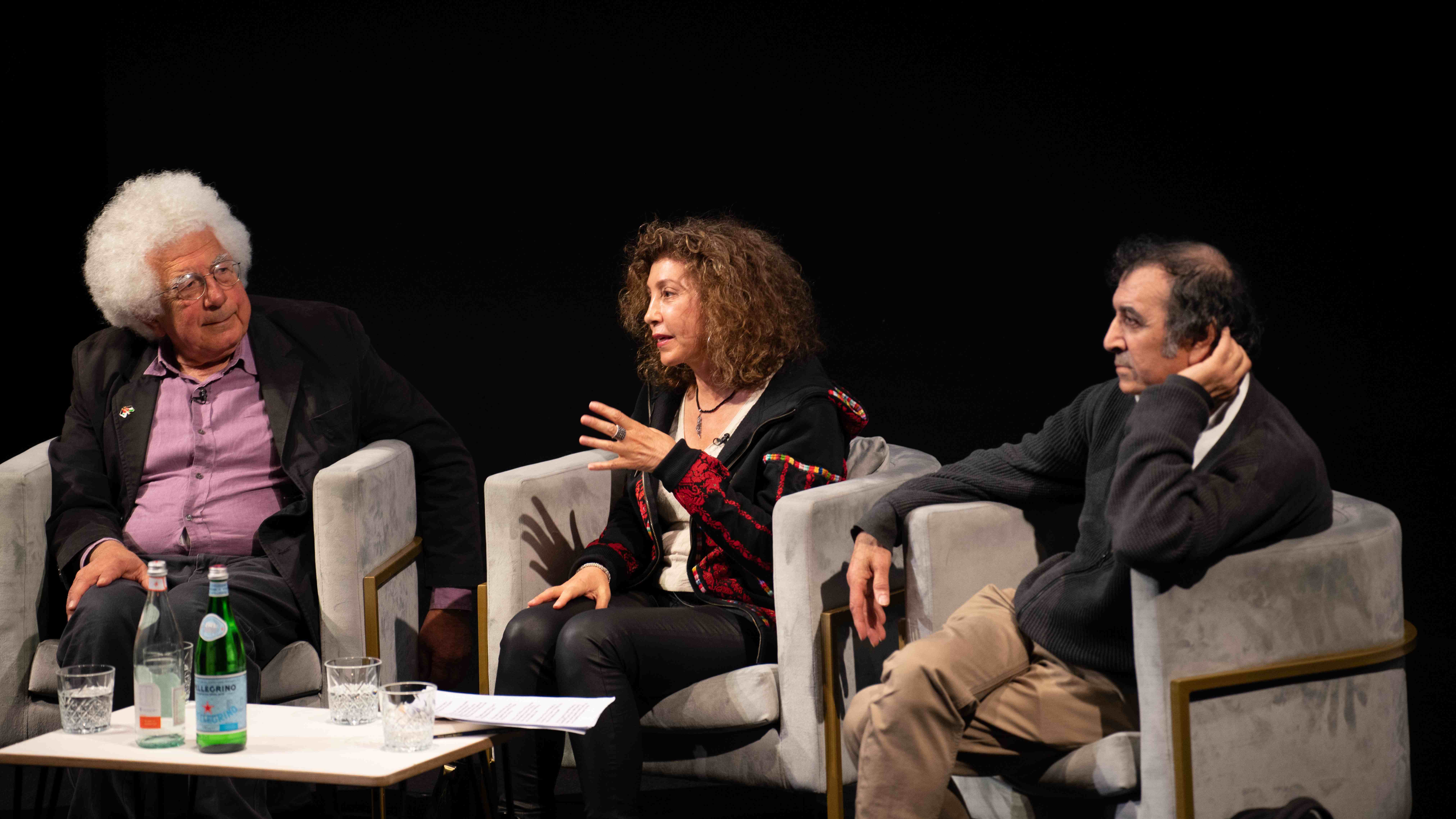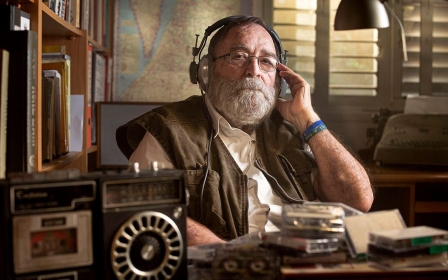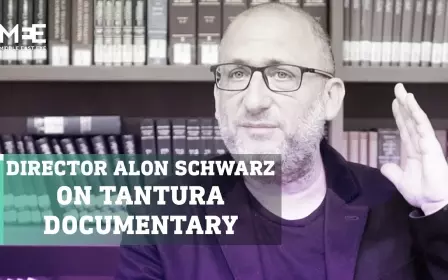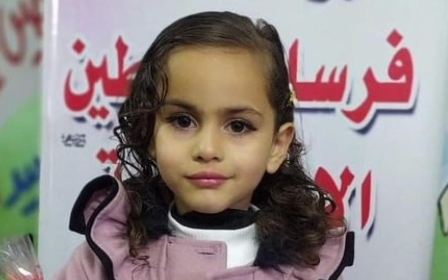Tantura: Film on Nakba massacre of Palestinian village premieres at Bafta
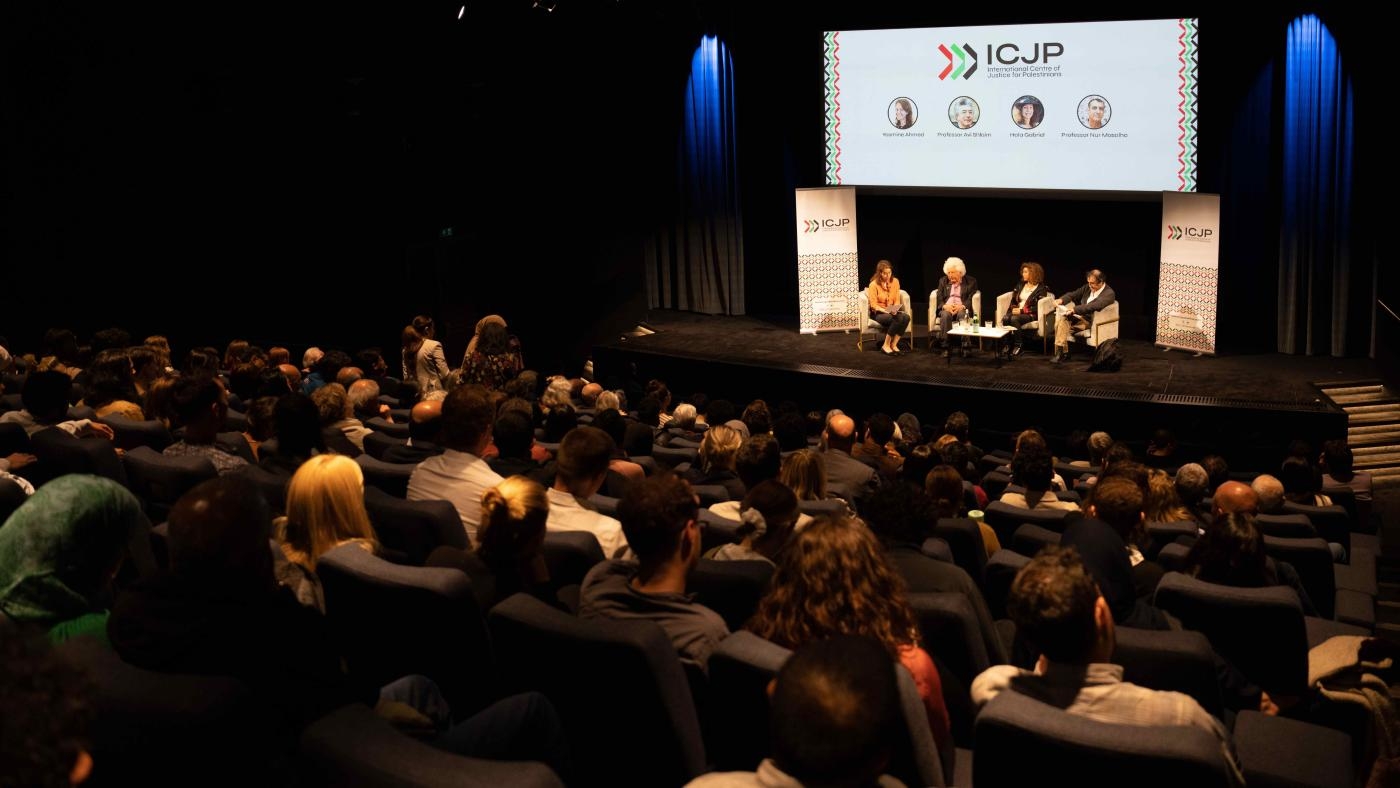
London’s prestigious British Academy of Film and Television Arts (Bafta) was the venue for a screening of the documentary Tantura on Monday evening; a film that investigates the massacre at the eponymous Palestinian village during the Nakba.
Featuring recorded testimony and interviews with several Israeli veterans present during the killings, the screening, organised by the International Centre of Justice for Palestinians (ICJP), coincided with the 75th anniversary of the massacre, which took place between 22 and 23 May 1948.
Estimates of how many were killed during the massacre exceed 200 people, with one Israeli soldier saying of the death toll: "I didn't count. I can't really know. I had a machine gun with 250 bullets."
Lawyer and ICJP director, Tayab Ali said that the Tantura episode encapsulates the Palestinian experience during the Nakba and ever since.
“The story of Tantura exemplifies the vast experience of displacement and loss endured by Palestinians during the Nakba, but in this film it is told by those that perpetrated it," he said, continuing:
New MEE newsletter: Jerusalem Dispatch
Sign up to get the latest insights and analysis on Israel-Palestine, alongside Turkey Unpacked and other MEE newsletters
"By revisiting Tantura through this film, we are not presenting a position of debate, but presenting the undisputable facts of what the Israelis did to the Palestinians not only in Tantura and other villages in 1948 [but what they] continue to do.
"To this present day, the international community suffers from a blind eye to Israel’s crimes and worse is complicit in them."
The Katz recordings
Director Alon Schwarz centres his work around research carried out by Israeli academic Teddy Katz, who wrote his thesis on the subject at Haifa University.
Katz was widely shunned in Israel for revealing his findings and was pressured into retracting them.
A large part of the film talks about the impact on Katz, including the legal cases against him and his dismissal from his university.
The researcher had collected more than a hundred hours of recorded testimony from 135 Palestinian survivors and Israeli soldiers who were there.
The film depicts how members of the Israeli army’s Alexandroni Brigade attacked the village leading to deaths among the civilian Palestinian population and forcing others to flee.
Palestinians have long said such tactics were used to force them from their historic lands to make way for the establishment of Israel.
Schwarz's work gives insight into the mentality of the Israeli army units, and contains admissions by the Israelis that they killed Palestinians.
MEE spoke with Israeli film director Alon Schwarz about his film Tantura, based on the Tantura massacre of 1948, when the Israeli army carried out a massacre against Palestinians in the small fishing village of Tantura. pic.twitter.com/tttTj15iOA
— Middle East Eye (@MiddleEastEye) December 6, 2022
“We killed them. Of course we killed them. No qualms at all,” one member of the brigade says.
Other soldiers speak about how they rounded up women and children and men in separate areas, sending the men to prison camps and killing others.
Many of the speakers admit that they killed, but say they try not to remember it and do not speak to others about it.
Today, the village of Tantura, which is south of the city of Haifa, has become an Israeli recreational area, where people go to swim and sightsee.
In the film, speakers say that a Palestinian mass grave, where the massacre took place, has now been turned into the Dor Beach parking lot
The movie was screened to an audience in London made up of lawyers, academics, journalists and diaspora Palestinians, among others.
It was followed by a panel discussion featuring Yasmine Ahmed, the UK director of Human Rights Watch, Israeli-British historian Professor Avi Shlaim, Palestinian academic Professor Nur Masalha and Palestinian filmmaker, Hala Gabriel.
Shlaim welcomed the filmmaker's exposing of the killings but cautioned that the documentary "is a very Israeli film".
According to Shlaim: "The reason why the film arouses so many strong passions is that it goes to the core of Israel's perception of itself and Israel's perception of itself is of a very liberal decent peace-loving country."
He added that the war that led to the establishment of Israel had long been seen within the state as a war of defence against "predatory Arabs".
"There is great reluctance to look at the dark side of this war, particularly the ethnic cleansing that happened in 1948," he added.
Responding to a question about the role Zionist ideology played in the ethnic cleansing of Palestinians in 1948, Shlaim said the movement was an "exclusivist" and "racist" ideology.
He added: "Israel likes to define itself as both Jewish and democratic but as one Arab MP has said, 'Israel is a democracy for the Jews'...Israel cannot be both a racist Jewish state and a democratic state."
Filmmaker Gabriel is originally from the village of Tantura and her father was a witness to the killings.
Like Shlaim, she welcomed the spotlight placed on the events in Tantura in 1948 but called for works by Palestinians to be given equal attention.
For the ICJP, the hope is that the film sparks debate on other Israeli violations since the Nakba.
"The next time you are told that Israeli soldiers and settlers do not kill Palestinians with impunity - remember Tantura," ICJP director Ali said, adding:
"The next time you are told that Israel is not carrying out acts of apartheid - remember Tantura.
"The next time someone tries to excuse Israeli occupation or aggression by asserting Israel is a democracy - remember Tantura”
Middle East Eye delivers independent and unrivalled coverage and analysis of the Middle East, North Africa and beyond. To learn more about republishing this content and the associated fees, please fill out this form. More about MEE can be found here.


